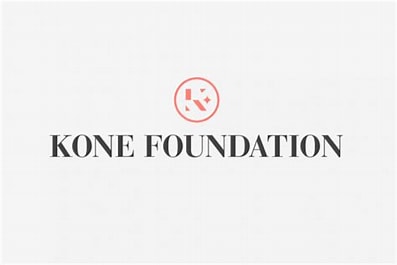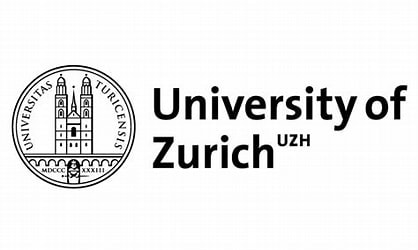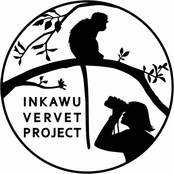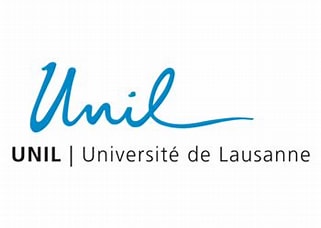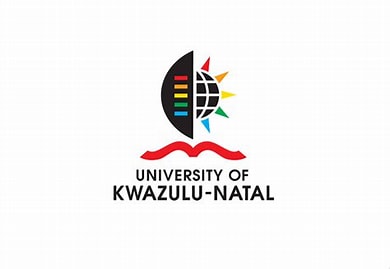© Stephanie Mercier
Due to the anthropogenic impact on the world’s ecosystems, on a global scale, species diversity of non-human animals is declining. Yet interestingly, some animals are thriving in human altered environments. As a scientific discipline, Urban Evolution and Urban Ecology are growing into timely and substantially important topics contributing to our understanding of evolutionary adaptations to these rapidly changing habitats, as well as behavioral responses due to arising selection pressures.
One of a few primate species that manages well in urban ecosystems are the vervet monkeys (Chlorocebus pygerythrus). The Urban Vervet Project (UVP) studies the behavior, life history, cognitive causes and consequences of an urbanized population of vervet monkeys located at the Simbithi Eco-Estate in KwaZulu-Natal, South Africa.
The Urban Vervet Project was founded in 2022 by Dr. Sofia Forss (University of Zurich, Switzerland) & Stephanie Mercier (on site coordinator in South Africa), and is currently financed by the KONE Foundation (Finland). For within species comparative purposes, the UVP is collaborating with the iNkawu Vervet Project (IVP - South African NPO: 202-031), a long-term study on vervet monkeys in the species natural habitat, led by Prof. Erica van de Waal (University of Lausanne, Switzerland). Within South Africa, the UVP is collaborating with University of KwaZulu-Natal and Prof. Colleen Downs. Prof. Downs’ team previously studied this population of semi-urban monkeys (2016-2017) and the UVP resumed and extended data collection here in November 2022.
One of a few primate species that manages well in urban ecosystems are the vervet monkeys (Chlorocebus pygerythrus). The Urban Vervet Project (UVP) studies the behavior, life history, cognitive causes and consequences of an urbanized population of vervet monkeys located at the Simbithi Eco-Estate in KwaZulu-Natal, South Africa.
The Urban Vervet Project was founded in 2022 by Dr. Sofia Forss (University of Zurich, Switzerland) & Stephanie Mercier (on site coordinator in South Africa), and is currently financed by the KONE Foundation (Finland). For within species comparative purposes, the UVP is collaborating with the iNkawu Vervet Project (IVP - South African NPO: 202-031), a long-term study on vervet monkeys in the species natural habitat, led by Prof. Erica van de Waal (University of Lausanne, Switzerland). Within South Africa, the UVP is collaborating with University of KwaZulu-Natal and Prof. Colleen Downs. Prof. Downs’ team previously studied this population of semi-urban monkeys (2016-2017) and the UVP resumed and extended data collection here in November 2022.

